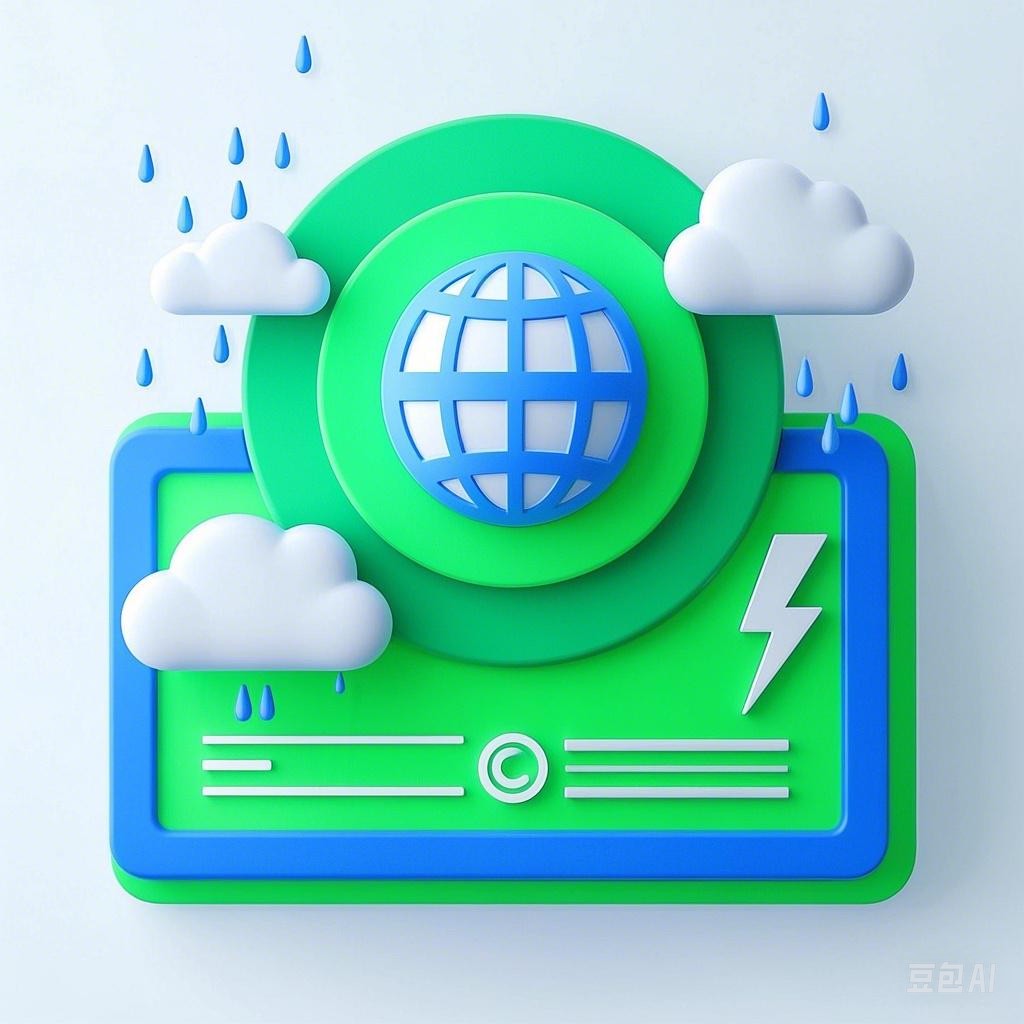Introduction
Extreme weather phenomena have been a subject of increasing concern as climate change continues to alter the Earth’s weather patterns. From hurricanes and floods to heatwaves and droughts, these events pose significant challenges to societies around the globe. This article aims to unravel the mysteries behind these phenomena, their causes, and their profound impacts on our world.
What are Extreme Weather Phenomena?
Extreme weather phenomena refer to unusually severe weather events that deviate significantly from the average conditions of a particular region. These events can have devastating consequences, including loss of life, damage to infrastructure, and economic disruption.
Types of Extreme Weather Phenomena
- Hurricanes and Typhoons: These are large, rotating storms characterized by intense winds and heavy rainfall. They typically form over warm ocean waters.
- Floods: Excessive rainfall, melting snow, or dam failures can lead to flooding, which can cause widespread damage and loss of life.
- Heatwaves: Extended periods of unusually hot weather can lead to heat-related illnesses, mortality, and agricultural losses.
- Droughts: Prolonged periods of dry weather can lead to water shortages, crop failures, and increased wildfire risks.
- Wildfires: These are uncontrolled fires that can spread rapidly, destroying forests, homes, and wildlife habitats.
- Tsunamis: Large waves caused by underwater disturbances, such as earthquakes, can lead to widespread destruction along coastlines.
Causes of Extreme Weather Phenomena
The causes of extreme weather phenomena can be attributed to a combination of natural and human-induced factors.
Natural Causes
- Atmospheric and Oceanic Conditions: The Earth’s atmosphere and oceans are complex systems that can lead to extreme weather events.
- Solar Activity: Variations in solar radiation can influence weather patterns.
- Geological Activity: Volcanic eruptions and earthquakes can trigger extreme weather events.
Human-Induced Causes
- Climate Change: The increase in greenhouse gas emissions has led to a warming planet, which is altering weather patterns and increasing the frequency and severity of extreme weather events.
- Deforestation: The removal of trees reduces the Earth’s capacity to absorb carbon dioxide, exacerbating climate change.
- Urbanization: The expansion of urban areas can alter local weather patterns and increase the risk of extreme weather events.
Impacts of Extreme Weather Phenomena
The impacts of extreme weather phenomena are far-reaching and can affect various aspects of society.
Economic Impacts
- Property Damage: Extreme weather events can cause significant damage to infrastructure, homes, and businesses.
- Agricultural Losses: Crop failures and livestock deaths can lead to economic losses for farmers.
- Insurance Premiums: The increased frequency of extreme weather events has led to higher insurance premiums.
Health Impacts
- Heat-Related Illnesses: Heatwaves can lead to heat exhaustion, heat stroke, and even death.
- Disease Outbreaks: Flooding can create breeding grounds for disease-carrying insects.
- Mental Health: The stress and trauma associated with extreme weather events can lead to mental health issues.
Social Impacts
- Displacement: Extreme weather events can force people to leave their homes, leading to displacement and migration.
- Social Tensions: The economic and health impacts of extreme weather events can lead to social tensions and conflict.
- Cultural Heritage: Historical sites and cultural heritage can be damaged or destroyed by extreme weather events.
Conclusion
Extreme weather phenomena are a growing concern due to the combination of natural and human-induced factors. Understanding these phenomena and their impacts is crucial for developing strategies to mitigate their effects and build resilience in vulnerable communities. As the Earth’s climate continues to change, it is essential for societies to adapt and prepare for the challenges ahead.
